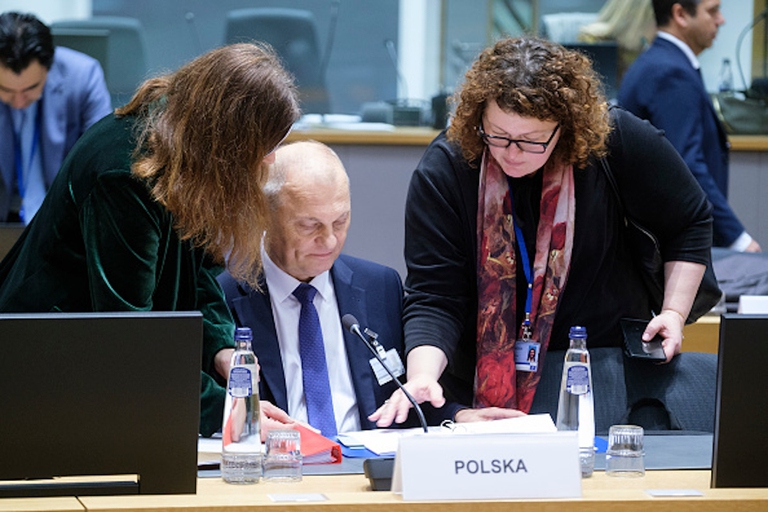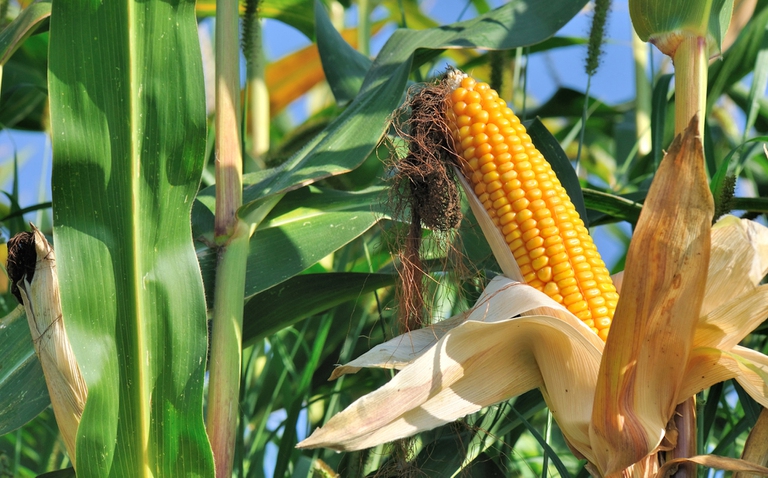https://www.lifegate.it/deregolamentazione-nuovi-ogm-tea-votazione-consiglio-europeo-ministri
- |
- The European Commission's proposal to deregulate new GMOs did not obtain a majority of votes from European agriculture ministers.
- Italy voted in favor of deregulation, defining the new GMOs (tea) as "essential to guarantee food safety".
- The environmental and organic associations have instead expressed satisfaction at the stalling of the proposal on which a new vote is expected on 22 December.
THE new GMOs in the European Union have reached a stalemate.In the European Council of last December 11th, i agriculture ministers they did not reach the majority to approve the proposal from the European Commission which points to deregulation from the assisted evolution techniques (tea) – defined, in fact, in jargon as new GMOs – compared to the old transgenic techniques.

The vote of European ministers on the deregulation of new GMOs (tea) in the Union
For the approval of deregulation, the votes in favor would have had to be 55 percent of the total, or a threshold that represents the 65 percent of citizens.To the Commission's proposal However, several countries opposed it, including Austria, Croatia, Slovakia, Hungary, Germany, Bulgaria, Greece, Poland, Romania and Slovenia.A no motivated by worry of not being able to separate them organic supply chains from the contamination of those GMOs, from the possibility that the ability to restrict or prohibit cultivation of GMOs on its national territory and from fear that i patents of new GMOs end up in the hands of a few industries, generating a socio-economic imbalance in the agricultural sector.
THE'Italy, however, expressed herself in favor of the deregulation of tea, contrary to the position that our country has maintained for twenty years regarding GMOs, or the cultivation ban.During the debate in Europe, the Minister of Agriculture Francesco Lollobrigida he reiterated his opposition to GMOs and instead defined the tea “an essential tool to improve the sustainability of production processes in agriculture and contribute to food security and European food sovereignty, which we consider in danger today”.

GMOs and tea:what are the differences and what does the current legislation say
While GMOs involve the insertion of sequences into the genome of an organism genes from other species – therefore say DNA foreign – , teas intervene on the genome of an organism with genes coming from organisms of the same species.In 2018 a ruling of the European Constitutional Court he equated tea with GMOs subjecting them to the same rules as the transgenic techniques that follow the precautionary principle:Before being placed on the EU market, each genetically modified product or organism is subjected to an authorization procedure during which its safety for humans, animals and the environment is carefully assessed.Last July, however, the European Commission put forward a proposal to deregulate teas, in light of a reevaluation of these techniques compared to the "old" GMOs.Proposal which at the moment, as we have said, has not been accepted by the Council of Agriculture Ministers.
For and against the deregulation of new GMOs
The urgency of deregulating teas is supported in particular by the need to guarantee safety food safety creating plants that are resistant to pesticides and diseases and resilient to climate changes.A solution not shared by environmental and organic associations:“Italy is working to deprive producers and consumers of the possibility of choice, to place new untested and patented GMOs on the market without safeguard and transparency mechanisms – we read in a statement from the GMO-free Italy Coalition -.The abolition of labeling would in fact deprive the consumer of free choice, while the lack of traceability and severe safeguard measures would deprive farmers of any defense against the biocontamination of their fields.For GMO free supply chains (and especially for organic) it would be the end, because any guarantee of quality would disappear.All this is well known to political decision-makers, large trade associations and industry.Just as it is known that liberalizing new GMOs would lead to a dramatic increase in food patents and market concentration, already dominated by Bayer-Monsanto, Corteva, BASF and Syngenta".

The coalition, which welcomed the vote of the European ministers, therefore urged farmers, consumers and political representatives to strengthen their commitment to avoid the liberalization of genetically modified organisms in Europe, defend the precautionary principle and claim the right to a quality food And grown in an ecological way.
